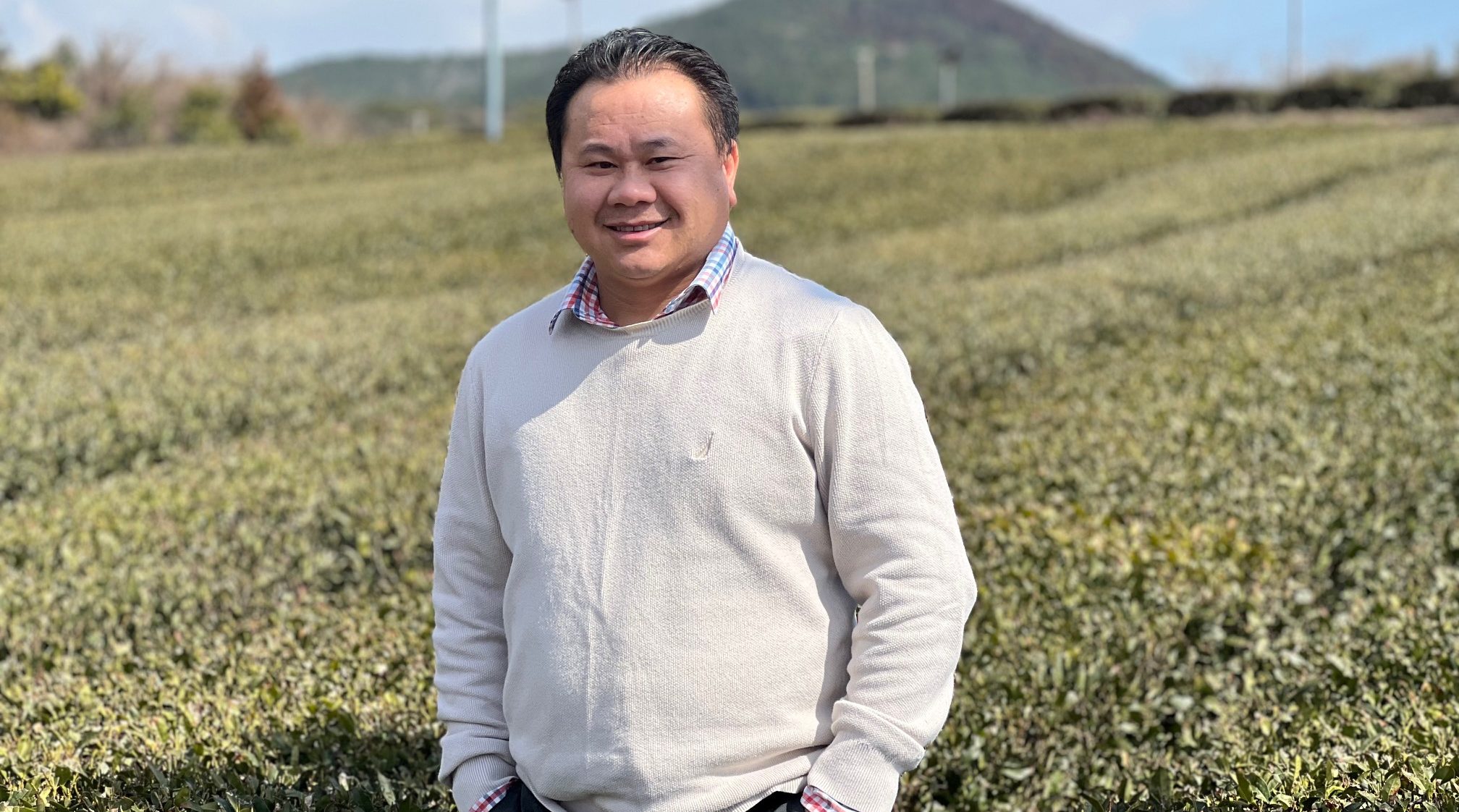Dr. Xieng K. Lee is a compassionate and dedicated dentist based in Brooklyn Park, MN, where he operates Quality Dental Care. Born into an immigrant family and raised in a refugee camp, Dr. Lee moved to the USA in the late 1980s, fueling his passion for community service and healthcare. After earning his DDS from Creighton University in 2010, he founded his dental practice with a commitment to providing high-quality care, particularly to underprivileged communities. Dr. Lee is a pioneer in integrating sustainable practices into his dental office, aiming to reduce the environmental impact of dentistry. Beyond his professional life, he is an avid outdoor enthusiast and actively participates in community and environmental sustainability initiatives. Dr. Lee’s dedication to his profession and community embodies his belief in the power of healthcare to improve lives.
Dr. Lee, can you share what inspired you to become a dentist?
Growing up in a refugee camp and experiencing life as an immigrant in the USA deeply influenced my career choice. I was drawn to dentistry because it blends science with service, allowing me to make a direct impact on people’s well-being. My background instilled in me a strong desire to give back, and dentistry offers the perfect platform to care for and improve my community’s health.
How did your early experiences shape your approach to dental care?
My early experiences taught me the importance of resilience, empathy, and community support. These values are at the core of my dental practice. I aim to provide compassionate and inclusive care, ensuring that people from all backgrounds feel welcome and respected at our clinic. This approach not only improves individual patient outcomes but also builds trust and strengthens community ties.
What are some specific sustainable practices you have implemented in your dental office?
In my practice, Quality Dental Care, we’ve taken several steps towards sustainability. We use digital record-keeping to reduce paper waste, have installed energy-efficient LED lighting, and use autoclavable tools to minimize the use of disposables. We also focus on purchasing products that are sustainably sourced and manufactured. Beyond this, we educate our patients about sustainable dental practices, encouraging them to make eco-friendly choices in their oral hygiene products.
Can you discuss the challenges of integrating sustainability into your dental practice?
One of the main challenges is the cost associated with some green technologies and products. However, we view these costs as investments in our future and the planet’s health. Another challenge is changing established practices and routines. It requires ongoing education and sometimes, convincing both staff and patients about the benefits of sustainable practices. Overcoming these challenges involves persistence, education, and demonstrating the long-term benefits of our eco-friendly choices.
How do you balance your professional life with your personal interests and community service?
alancing a busy dental practice with personal interests and community service is indeed challenging, but I find that engaging in community service and outdoor activities actually enhances my professional performance. These activities recharge me and provide a fresh perspective that I bring back to my work. It’s all about prioritizing and making time for what matters most. I believe that being active in the community and maintaining personal well-being are crucial for sustaining the energy and passion needed for my professional responsibilities.
What advice would you give to other healthcare professionals looking to make their practices more sustainable?
Start with small, manageable changes. Assess your practice to see where you can reduce waste and energy use. Engage your team in sustainability goals and make sure everyone understands the benefits of these changes. Also, consider reaching out to other professionals who have implemented sustainable practices for advice and support. Remember, sustainability is a journey that requires ongoing commitment and adaptation.
Looking to the future, what are your hopes for the dental industry in terms of sustainability and community health?
y hope is that sustainability becomes a standard practice in dentistry and the broader healthcare industry. I envision a future where all dental practices harness eco-friendly technologies and materials, reducing the environmental impact of healthcare services. Additionally, I hope to see an even stronger connection between dental care and community health, with more practices engaging in community service and educational outreach to ensure comprehensive health promotion and disease prevention.
What has been the most rewarding aspect of your career so far?
The most rewarding aspect has been seeing the positive impact of our work on the lives of our patients and in our community. Whether it’s improving a patient’s smile, relieving pain, or educating someone on better oral health practices, these moments remind me why I chose this profession. Additionally, being able to serve and give back to the community that welcomed me and supported me through my journey has been incredibly fulfilling.

